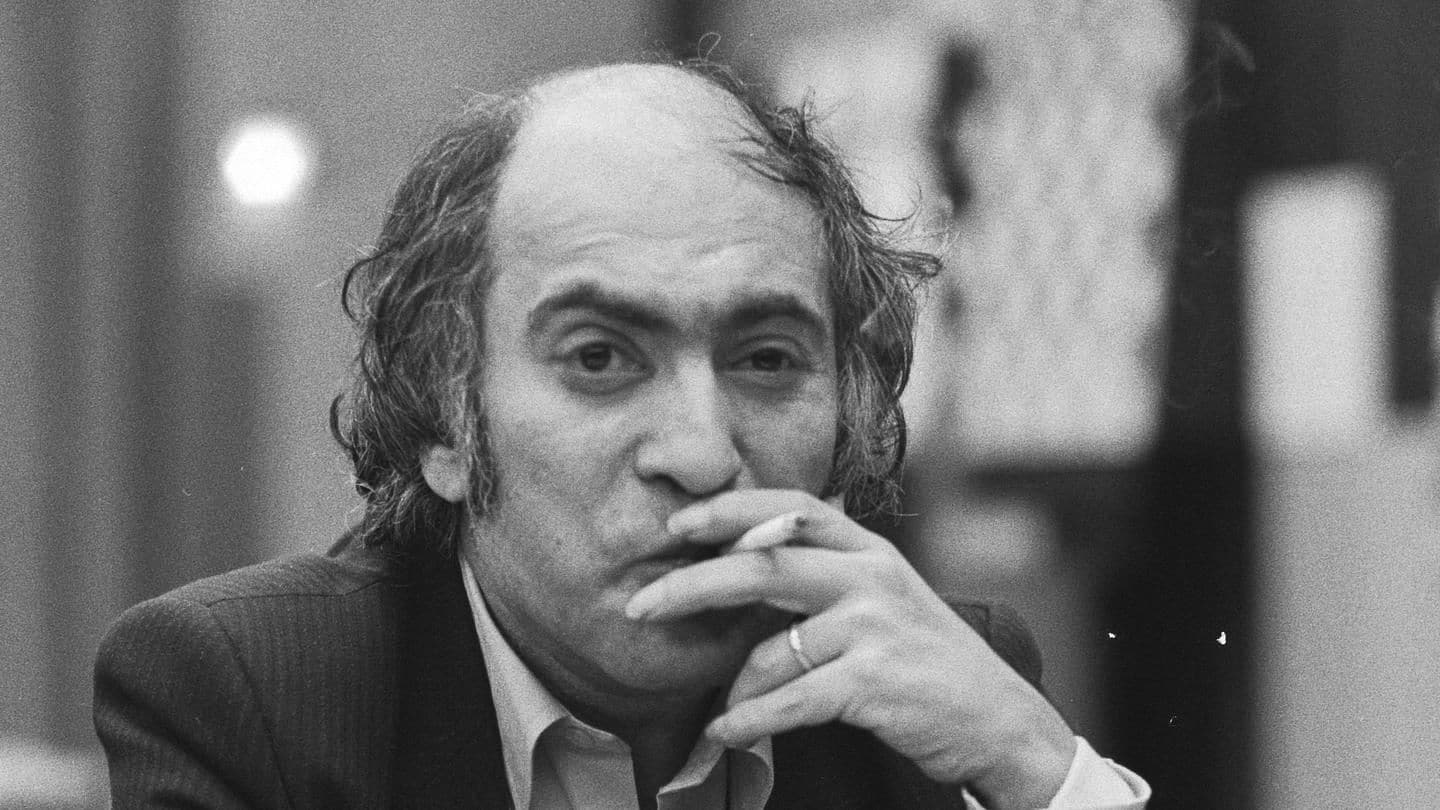
The mad genius of Mikhail Tal
What's the story
Mikhail Tal was the 8th Chess World Champion. The Soviet Grandmaster is widely regarded as a creative genius and one of the best attacking players in the world. He, once, stated that each chess game is as inimitable and invaluable as a poem. Tal was also a highly regarded chess writer. Here are more amazing details about the life and career of this icon.
Early years
Early years of the genius
Tal suffered from bad health in childhood, but was an exemplary student. He was allowed to attend the university only when he was 15. He learned chess at the age of eight by watching his father play. He qualified for the 1951 Latvian Championship and managed to finish ahead of his trainer. At 20, he was the youngest player to win the Soviet Championship.
World Championship
On his way to the World Championship
Tal defeated several of the world's top players on his way to becoming a Grandmaster. He won gold in three Student Olympiads without losing a single match. Tal won the Soviet Championship in 1957 and retained it successfully in 1958. Eventually, he won the Candidate's Tournament in 1959, and the following year defeated the reigning champion Mikhail Botvinnik to become the World Champion.
Achievements
Other achievements of this chess icon
In 1961, Tal lost the World Championship to Botvinnik and then his chronic health problems began taking a toll on his performances. He regained form during 1970s and played a record 86 games without losses (47 wins and 39 draws) in 1972-73. 1973-74 saw him playing another 95 games without losses, thus making him the holder of the two longest winning streaks in chess.
Legacy
Tal's unique playing style
Naturally witty, artistic and impulsive, Tal led a life of chess playing, heavy drinking and chain smoking. He was called 'The Magician from Rica' and was the archetype of the attacking player. Tal was fearless in his approach, often sacrificing pieces to create a breakthrough. Along with Capablanca and Fischer, Tal has been regarded as the player opponents were most afraid of.